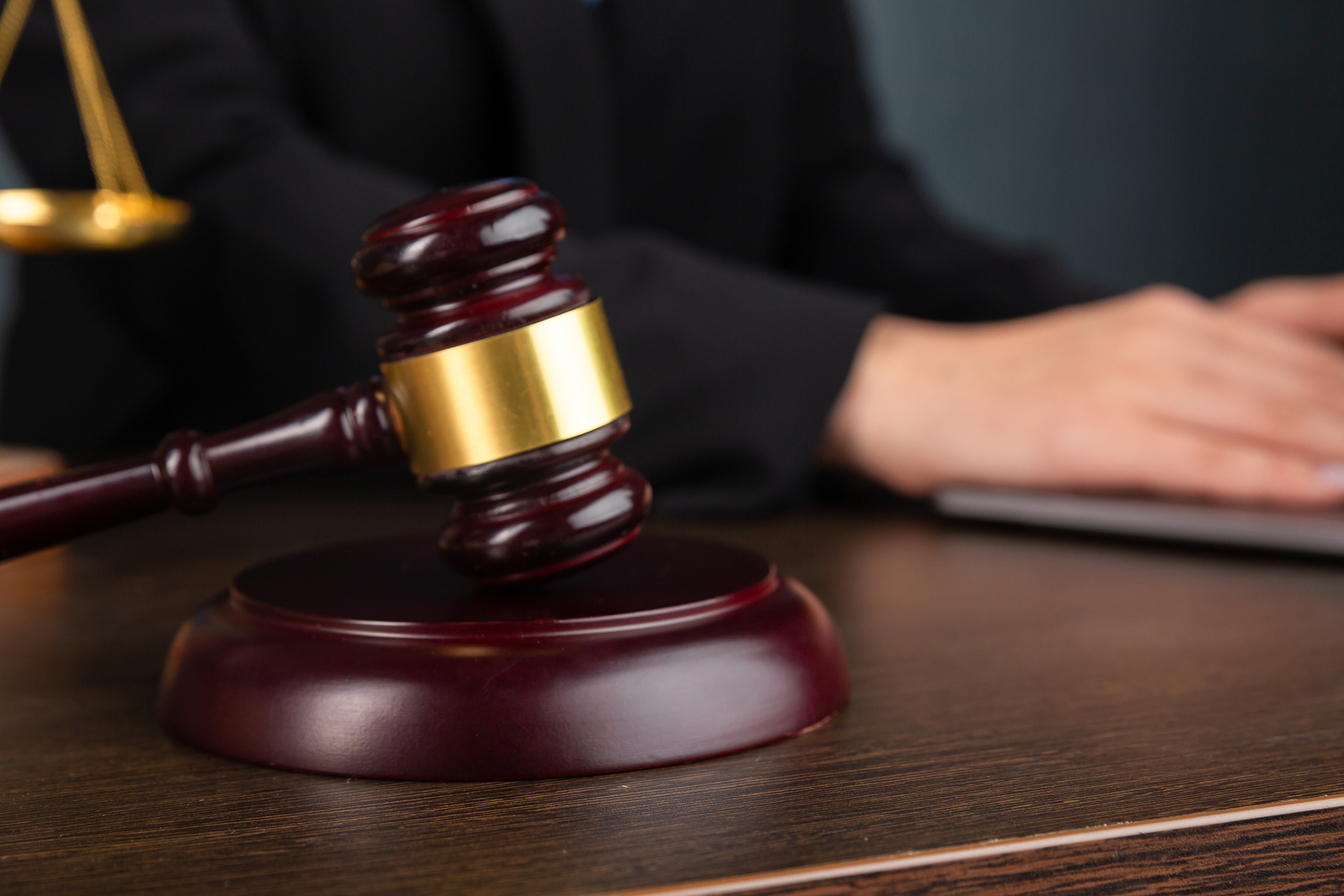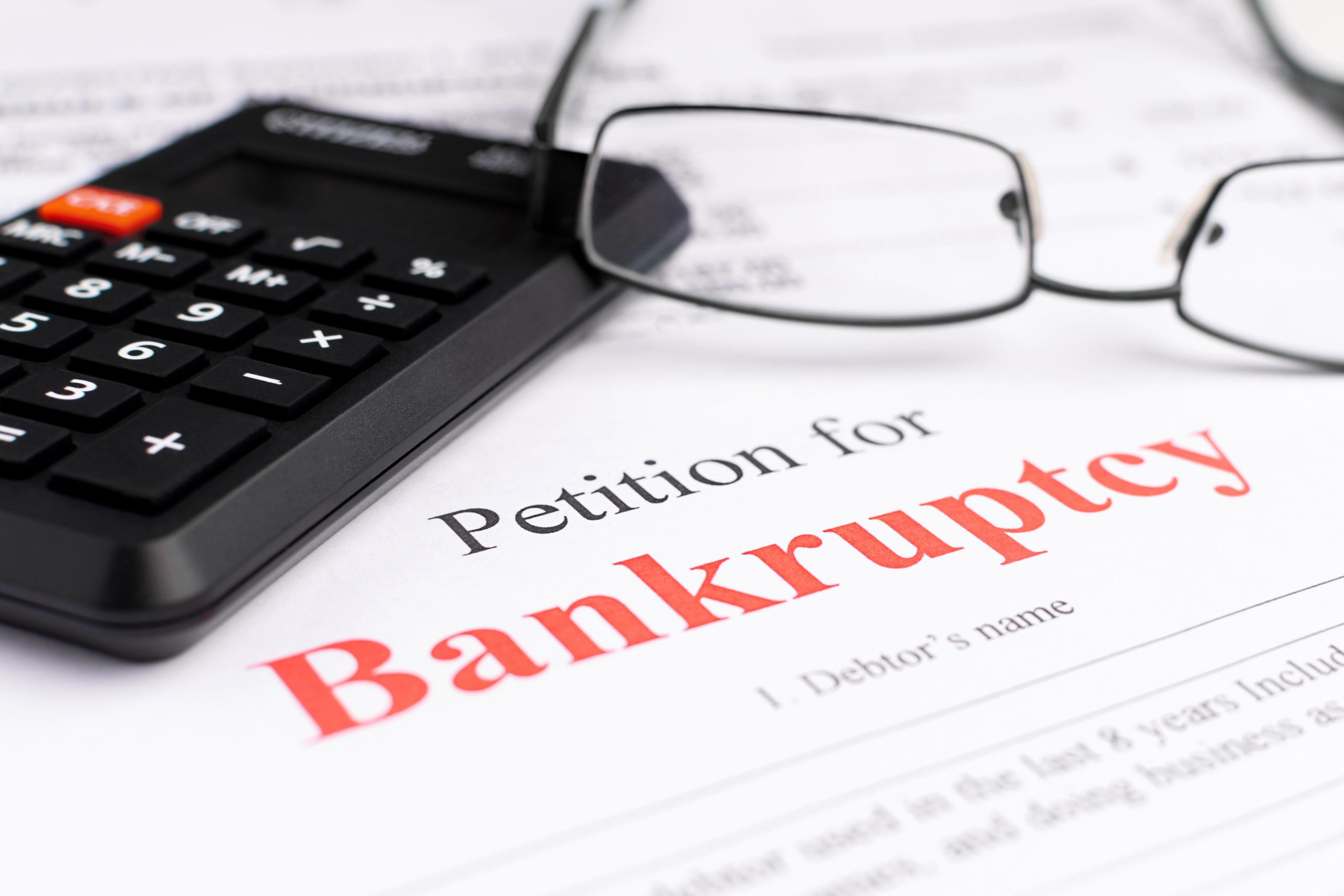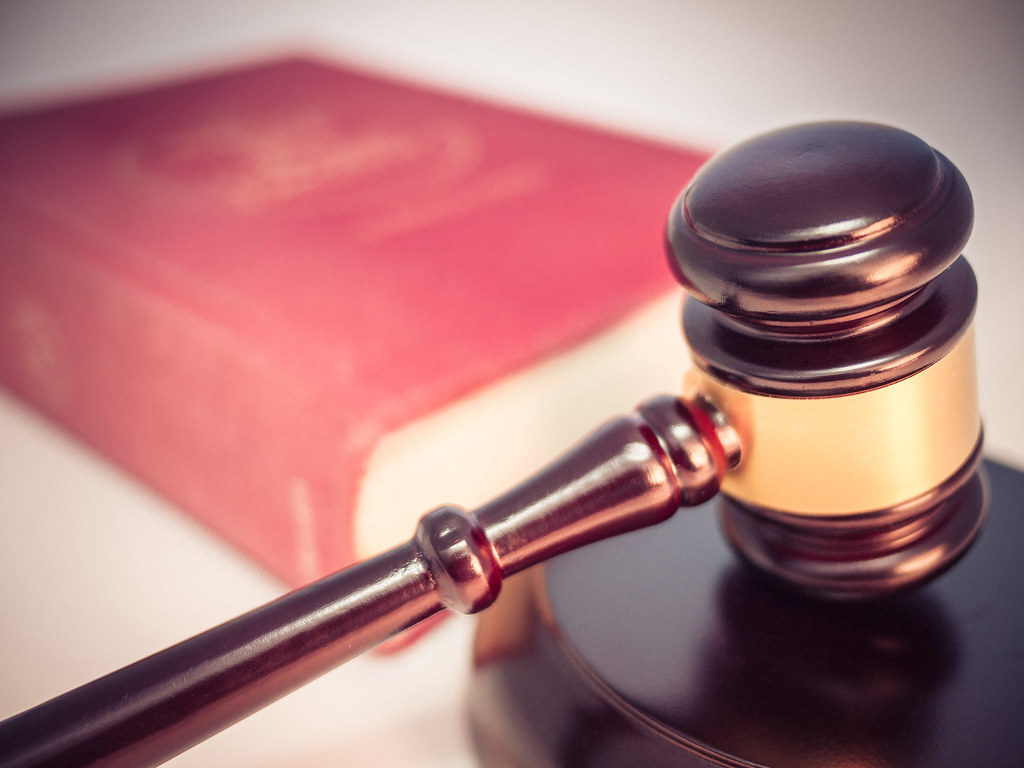Q: HOW LONG DOES A BANKRUPTCY LAST?

A Chapter 7 Bankruptcy will typically last 3-6 months. Your case will be eligible for discharge 60 days after your 341 Meeting of Creditors, which will be held about 30-45 days after you file your petition.
A Chapter 13 Bankruptcy’s length depends on your income level. Plans will last 3 years if the filer makes less than the state’s median income level for their family size, and 5 years if they make more than that amount.
Q: HOW SOON CAN I FILE FOR BANKRUPTCY AGAIN?
If you have filed a Chapter 7 bankruptcy in the past that was successfully discharged, you will have to wait 8 years to file another Chapter 7, and 4 years for a Chapter 13. You must wait 2 years between filings to file successive Chapter 13s, and 6 years to file a Chapter 7 after a Chapter 13. The waiting period begins on the day your petition was filed.
Q: WHAT IS A 341 MEETING OF CREDITORS?
A 341 Meeting of Creditors is the required hearing that filers of both Chapter 7 and 13 must attend.
Q: CAN I GET CREDIT AFTER I FILE FOR BANKRUPTCY IN GILBERT?
You won’t have to wait long to open new lines of credit if you file Chapter 7 bankruptcy in Gilbert. Some of our clients finance a vehicle as early as the day after filing. You will likely receive new credit card offers after your case is discharged. If you struggle to get approved for a credit card, you can open a secured credit card through your bank.
Q: IF I FILE CHAPTER 7 BANKRUPTCY IN ARIZONA, WILL I LOSE MY CAR?
In Arizona, you can have up to $6,000 equity in a single vehicle, and married filers may have up to $12,000 in one vehicle or $6,000 each in two vehicles. If you have more equity than this, your vehicle may be sold and any excess portion will be used to pay some of your debts. If you are current on a financed vehicle, you can keep making payments and keep the vehicle as long as you don’t have more than the state maximum equity in the vehicle.
Q: How CAN I SAVE MY HOME IN A CHAPTER 13 BANKRUPTCY?
If unexpected circumstances set you behind on a mortgage payment you can typically afford, Chapter 13 may be a good option for you. Your past-due balance will be spread out over the course of your 3-5 year repayment plan, along with other debts. Some unsecured debts may be discharged without being paid in full. Your monthly mortgage payment may be included in your plan depending on the jurisdiction in which you file.
Q: Who will know if I file for bankruptcy in gilbert, Arizona?

Q: Will a person lose all of his property if he files under Chapter 7?

Your trustee can seize certain property for up to 6 months after you file bankruptcy. These include your tax return, inheritance, settlement payouts, gambling winnings, and security deposits.
Q: If I file for bankruptcy, will I lose my home?

If you are renting your home, you should keep paying your rent as you will not lose your lease in the bankruptcy. Your landlord will not be notified of your filing. You should let your attorney know about any security deposits or similar funds owed to you.
Q: What is a Bankruptcy Means Test?
The Bankruptcy Means Test is a calculation used by the court to determine if you have extra disposable income each month to pay some of your debts. If you make above a certain income limit, your attorney will deduct certain expenses from your income. If your income varies, your attorney will be able to calculate your current monthly income if your provide them with 6 months of paystubs. They will also determine which state’s exemptions you will use. If your attorney finds your income to be above your applicable state’s income level, they can assess your means by deducting reasonable expenses from your income to prove that you don’t have enough money left to pay debts.
If you don’t pass this test, you will be disqualified from filing a Chapter 7 bankruptcy. A Chapter 13 bankruptcy is a 3 to 5 year repayment of some of your debts, which is available for those who don’t qualify for a Chapter 7 bankruptcy.
Q: Who presides over the Bankruptcy Court in Arizona?

Q: What is a 341 Hearing in Bankruptcy?
A 341 Hearing is your Meeting of Creditors. It will occur 30-45 days after you file your bankruptcy. This is your creditor’s opportunity to appear and object to your debts being discharged. Your trustee may also have additional questions about your case not covered in your petition. If you hire an attorney to represent you in your bankruptcy, they should be able to prepare you for the types of questions your trustee will ask. Your case will be eligible for discharge 60 days after your 341 hearing.
Q: Will I have to go to court if I Decide to File Bankruptcy in Gilbert?

Q: May a husband and wife file jointly under Chapter 7 in Gilbert, Arizona?
 A husband and wife may file their case jointly in a Gilbert Chapter 7 bankruptcy. Filing jointly will discharge both debts the couple had incurred before and during the marriage. Additionally, one member of the couple may file the case singly. However, that spouse will only be protected from enforcement on any of the community debts as long as they are married. Therefore, consult with an experienced Gilbert bankruptcy attorney to determine which assets are community and which are separate property. Furthermore, the non-filing spouse will also still have to provide information such as pay-stubs and tax returns for the other spouse’s bankruptcy. Also of note, the filing fee and credit counseling course fees are the same for joint and single filing.
A husband and wife may file their case jointly in a Gilbert Chapter 7 bankruptcy. Filing jointly will discharge both debts the couple had incurred before and during the marriage. Additionally, one member of the couple may file the case singly. However, that spouse will only be protected from enforcement on any of the community debts as long as they are married. Therefore, consult with an experienced Gilbert bankruptcy attorney to determine which assets are community and which are separate property. Furthermore, the non-filing spouse will also still have to provide information such as pay-stubs and tax returns for the other spouse’s bankruptcy. Also of note, the filing fee and credit counseling course fees are the same for joint and single filing.Q: What is an “Automatic Stay”?








